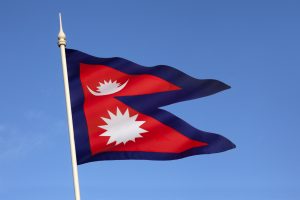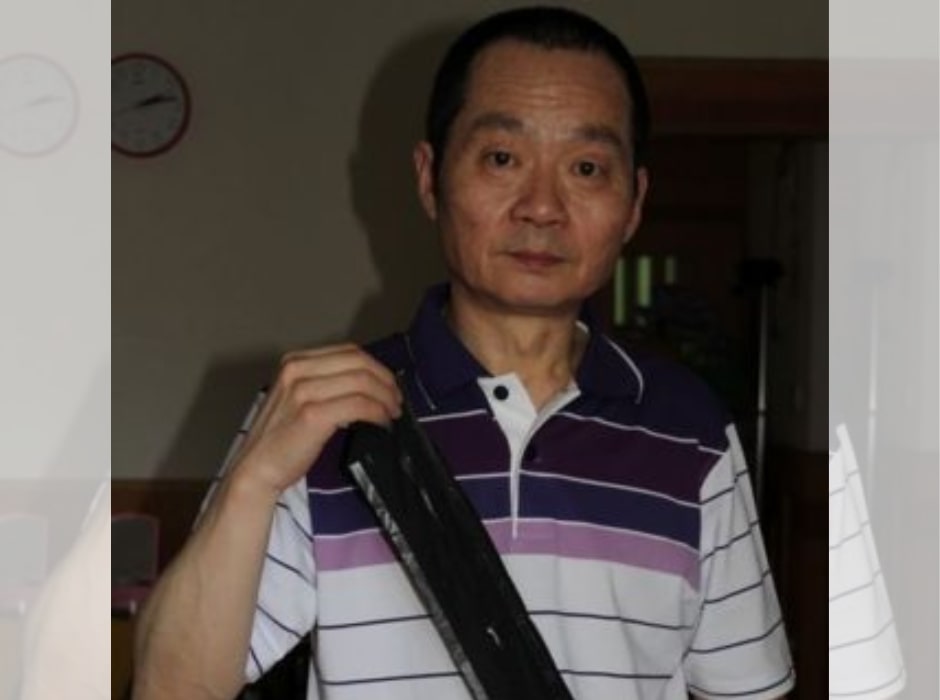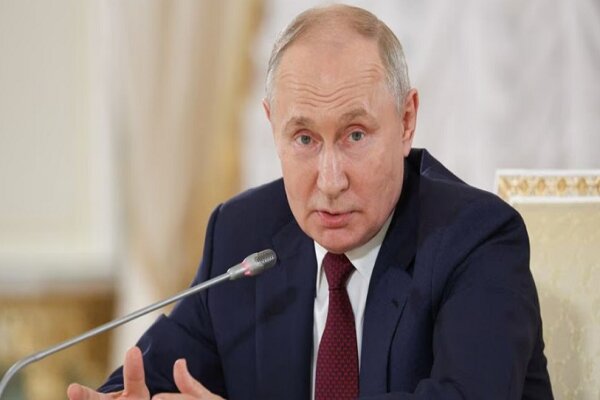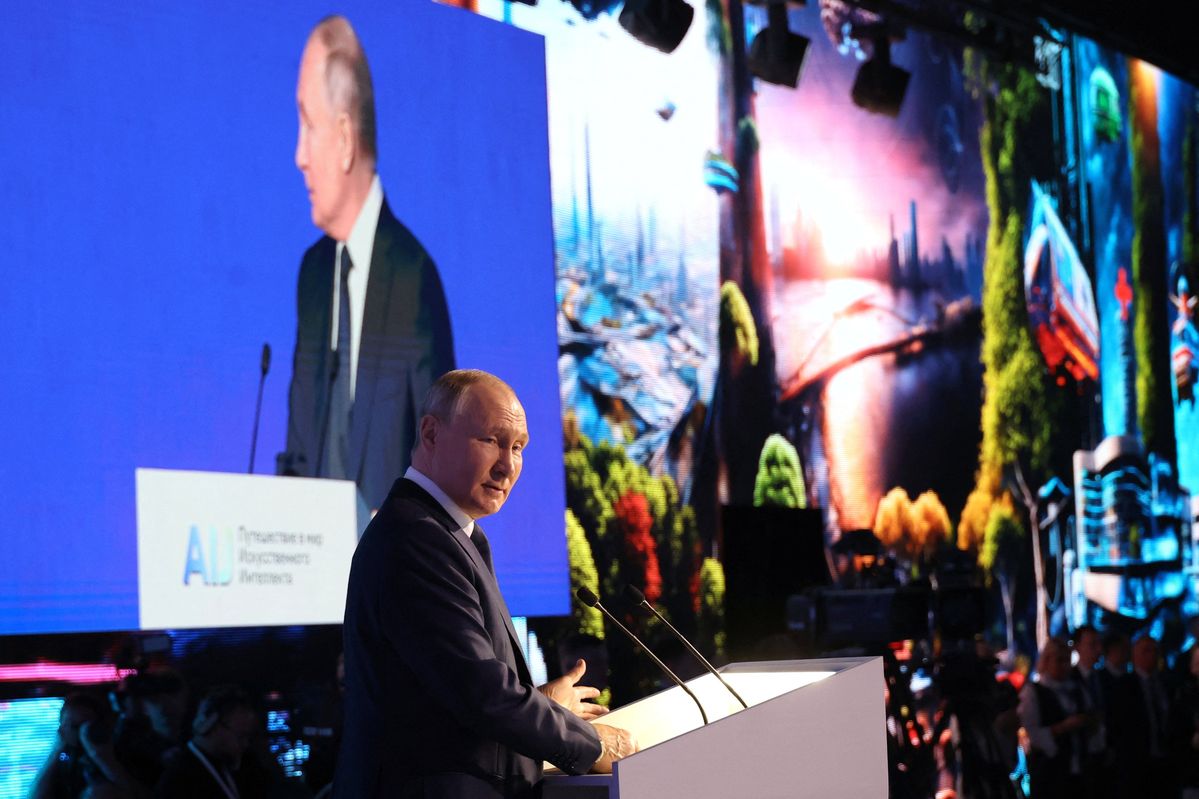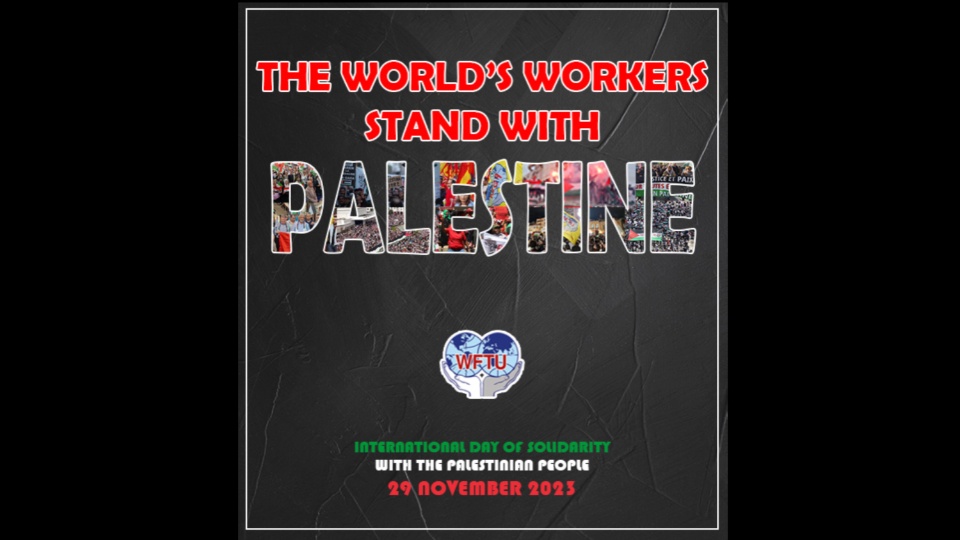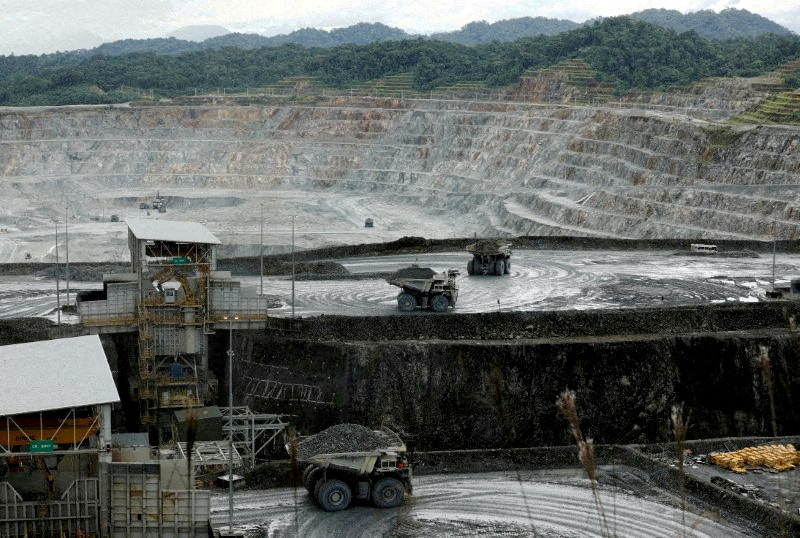UK
Andy Burnham floats overhauling inheritance tax and a basic income
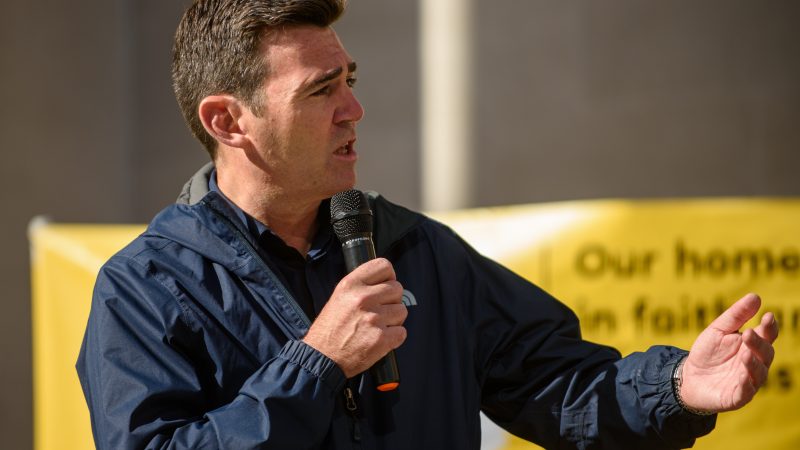
Andy Burnham has said “there is an argument for a basic income” and proposed overhauling inheritance tax to fund a National Care Service, declaring that a “much fairer, more equal society” could be created if public money were spent differently.
Speaking to the New Statesman’s Path to Power conference this morning, the Greater Manchester mayor said Labour has to start discussing “how are we going to get the investment upfront to start rebuilding”, warning that it will not be possible “not to raise the issue of tax”.
He argued that the public are “ready to be given a sophisticated argument” about where things may need to change, discussing changes including revaluing the council tax system and introducing tourist taxes.
Asked specifically what a Labour government should do for local government funding, Burnham also proposed funding a National Care Service through replacing inheritance tax with a “care levy” that everyone would pay, with the wealthiest contributing the most.
The Labour mayor also called for the country to emulate Finland by following a “national housing first philosophy”, telling attendees: “I am really clear that we could achieve a much fairer, more equal society if we prioritise things differently and spend public money differently and particularly prioritise housing.”
Burnham argued that, “if you set people up to succeed through giving them security, in terms of their finances and their housing, they will succeed”, adding: “There is an argument for a basic income as far as I’m concerned.”
The mayor also urged Labour to pursue radical constitutional reform in government, arguing that the party “should have rewired the country in ’97” but only did “half a job”. He claimed that the ongoing Covid inquiry demonstrates the “complete inadequacy” of how the country is currently governed.
He reiterated his support for the introduction of proportional representation, as well as backing other reforms including an elected senate of the nations and regions, arguing that such changes would set the country up for a “progressive century”.
The Labour mayor said he and the party’s other mayors are “100% behind Keir and the shadow cabinet” but added that sometimes they have to take “a different perspective” in the interest of their local areas.
Burnham told attendees that 2024 could be a “better moment” than Labour’s landslide victory in 1997, arguing that the country has new infrastructure to deliver in the regions that it did not previously have.
Highlighting the changes that have been achieved in Manchester in recent years, Burnham argued that the city has not seen the “full-fat, ‘levelling up’ of the kind that Boris Johnson lied to us about”.
But he added: “We’re doing something. We just wait for a Labour government to really get behind us and really get it going. Because we are really ready to go.”
He told attendees that “big things” could be done in a single parliament, adding: “If we get at it on the front foot and go quickly, I think we could show real change very quickly, because of the work we’ve done to get ready for levelling up. They never did it, but now we’re ready to work with a Labour government.”

